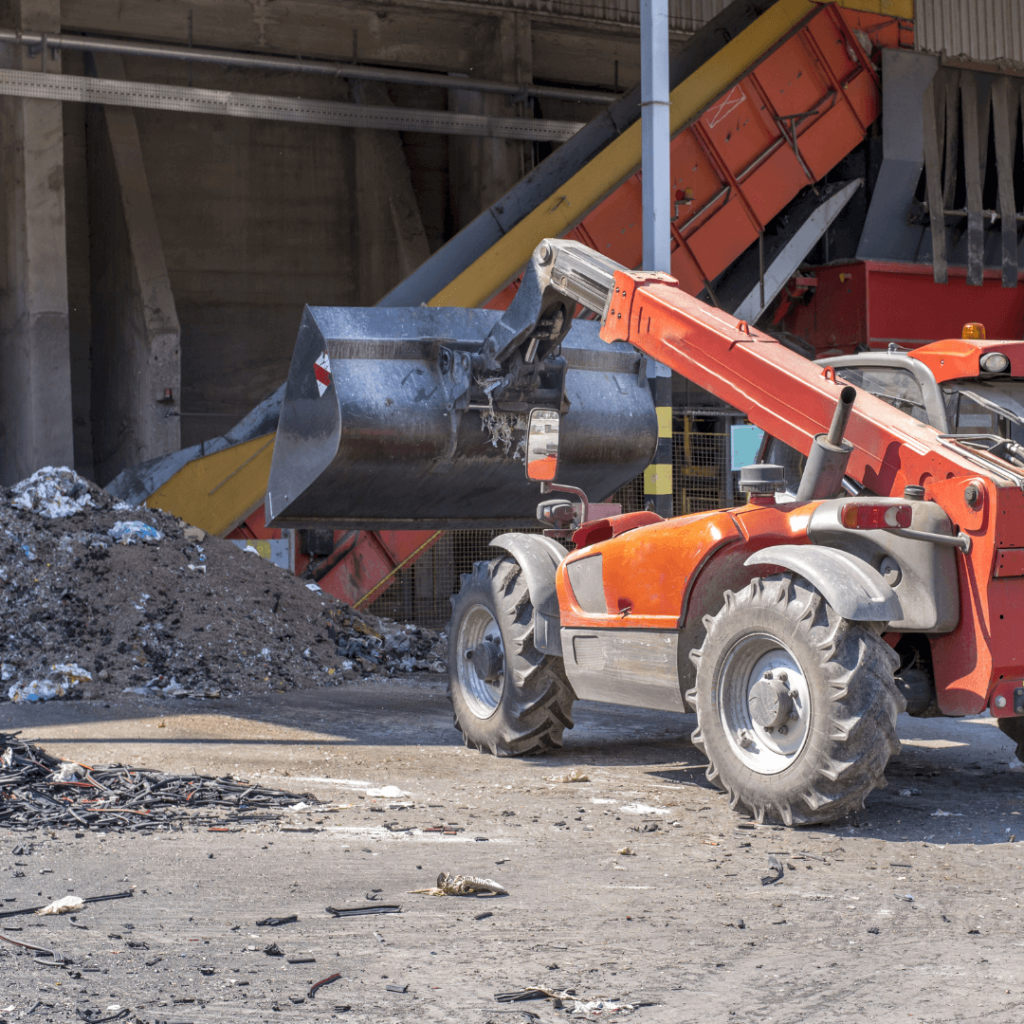Municipal Solid Waste Management (MSWM)
Soil and Compost: Can there be a better love story than this?
What is Municipal Solid Waste?
Municipal Solid Waste (MSW) is the waste generated by all public and private activities. These activities include homes, businesses, schools, and hospitals, just to name a few. In order to help reduce our reliance on landfills and create environmental awareness, we must continue to recycle our household trash into reusable resources.
Example for Municipal Solid Waste: The largest component of Municipal Solid Waste in everyday life, such as
- Plastic Bottle
- Wooden Furniture
- Clothing
- Food Scraps
- Plastic Packaging
- Batteries
Type of Municipal Solid Waste Management:
- Open Burning of Solid Waste Material
- Composting Process
- Biological Digestion
- Fermentation
- Sea Dumping Process

Types Of Solid Waste:
- Household hazardous waste (HHW) is any waste you produce at home that poses a risk if improperly managed. Due to health risks such as using chemicals in your home, improper battery disposal and storage, mercury in thermostats, or other toxins, household hazardous waste can be dangerous. HHW must therefore be handled as hazardous waste and transported as such because improper disposal of this waste is always expensive. A commercial enterprise must carefully consider whether it must transport its heavy metals as hazardous waste because, if transported improperly, they are subject to HHW regulations.
- Industrial and commercial waste collection removes waste generated during the manufacturing process as well as waste generated at commercial sites. The Solid Waste Service collects trash and recyclables from industrial facilities, restaurants, supermarkets, and offices. Household trash removal is also offered to residential customers. Solid Waste Management also manages hazardous materials in addition to separating recyclable materials.
- Regulated medical waste (RMW) is material generated in the research, production, and testing of biological or healthcare items. RMW must be disposed of in a safe manner.
- Used electronic equipment can cover a wide variety of products and can be found in many different areas. These products contain hazardous elements and compounds that could be toxic if released into the environment. Therefore, it is important to properly handle these used items.
Management of Municipal Solid Waste
In a jam-packed place like the Earth, each item that increases expectations, at last, makes heaps of strong waste. These days, this has become perhaps the most basic ecological test.
Municipal solid wastes are made up of the rubbish that we produce every day, such as packaging from products, grass clippings, bottles, furniture, clothing, and food scraps. They also include garbage from appliances, paint, newspapers, and batteries. These wastes are produced by enterprises, schools, hospitals, and residential areas.
- Collection of Waste
- Storage – Landfills
- Solid Waste Disposal –
Waste disposal is a practice that is growing significantly in relevance for environmental protection. When waste is disposed of biologically, this may also be called composting. If a large quantity of waste is generated in a particular area, then its solution may involve transport to some place where its final disposal can be performed by dumping it on land or water and then dumping it again by plowing the soil. On the other hand, if it is a small amount that cannot be transported, then incineration may be used as the best solution.
- Treatment with the help of the following machinery:
- Fully Automatic Organic Waste Composter –
- Medical Waste Incinerator –
- Baling Press Machine
- Trommel Screens
- Shredder
Automatic Organic Waste Composter: It is an automatic composting system that works by turning & mixing the organic wastes. It contains a heater, exhausts, humidity sensors, and a temperature controller. It takes 24 hours to compost 25 kg to 10,000 kg depending upon the variant of the machine. It contains separate windows for inputs and outputs as well as a bucket of water for humidification.
Medical Waste Incinerator : Incinerators are the best way of disposing of all kinds of medical waste around the world. It incinerates all types of medical waste without creating any air pollution in the surrounding area. When you bring waste to the incinerator, you are giving a healthy environment to your surrounding.
Baling Press Machine : There are different types of baling press machines, such as single-box hydraulic, double-action hydraulic, and triple-action hydraulic.
- Single hydraulic baling presses have two types. One has a capacity of 25 tons, and the other is a 50-ton machine. Both have automatic and hydraulic systems. Both have a single and three-phase option.
- Double hydraulic scrap baling press machine, which is a fully automatic system with two cylinders in it. The capacity of the electric motor is 20 HP in this machine.
- Triple Action Baling Machine: This is one of the heavy machines with an electric motor that has a power of 25 HP and uses a 3-phase power system. It also has a capacity of 100 tons.
Trommel screens : Trommel screens have many types of designs, such as concentric screens, series arrangements, or parallel arrangements, and every type has its own configuration. This machine is primarily used to separate materials such as minerals and solid waste for processing by many industries. Every industry is facing a huge challenge in the context of sustainability issues, and the mineral processing industry is no exception
Shredder: There are different types of shredders.
- The organic waste shredder has a capacity of 50kg/hour & up to 5000 kg/hour and is moderately three-phase.
- Coconut Shredder Machine: Basically, this is only a coconut waste shredder machine with a capacity of 50 to 10,000 kg per hour and 440 volts of electric shredding.
Conclusion | How can we reduce solid waste:
There are many ways to reduce solid waste like:-
- Use a reusable bottle or cup for beverages.
- Use reusable grocery bags.
- Recycling is the best option.
- Purchase products wisely and reuse them.
- Avoid single-use disposables.
That way, you’ll help our environment become greener.